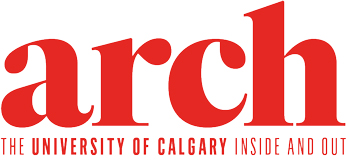Videography by Haley Martin
Anytime you log into an app using facial recognition, ask Alexa, “What’s the weather today?” or even track your heart rate on your smartwatch, you are contributing a piece of your identity to biometric data. Biometrics are the biological and behavioural measurements that can be used to identify us, such as our fingerprints, the way we walk and what we engage with online. While this technology has created security and convenience for us online and in real life, it is not immune to being compromised and hacked. The Biometric Technologies Lab, led by Dr. Marina Gavrilova, PhD’99, professor in the Department of Computer Science, is committed to using this technology for good and spreading awareness on how to protect ourselves.



